Mozart: The First Romantic? The Last Baroque? “La Clemenza di Tito” may not be among the most renowned or frequently performed operas, yet it remains a fascinating piece in the context of these compelling questions. It’s striking to realize, after listening to its two hours filled with brilliant ideas characteristic of Viennese classicism, that the same genius also created several masterpieces opening the door to German Romanticism within the same year(!) Though this opera seria may linger in the shadows of Mozart’s earlier Da Ponte collaborations and later works like “Die Zauberflöte,” it is indispensable for any true Mozart enthusiast. Thus, when the opportunity arises to experience this work at the world’s most prestigious opera festival, delivered by such a formidable cast, one seizes it—and as often with the Salzburg Festival, it’s a decision quickly rewarded.
Robert Carsen sets a decidedly political stage, skillfully modernizing the opera’s humanistic message. The ancient Roman parliament is depicted as modern, gray, cold, adorned with Italian and European flags, and populated by officials armed with cell phones and computers. This approach, along with a significant reinterpretation of the plot that even alters the opera’s outcome without contradicting the text, is particularly effective for this work, which thrives on constant adaptation and reinterpretation. For instance, the roles and voice types were never rigidly fixed from the start—the young patrician Annio, originally a travesti soprano role, can also be portrayed by a mezzo-soprano, just as Sesto was initially written for a castrato soprano.
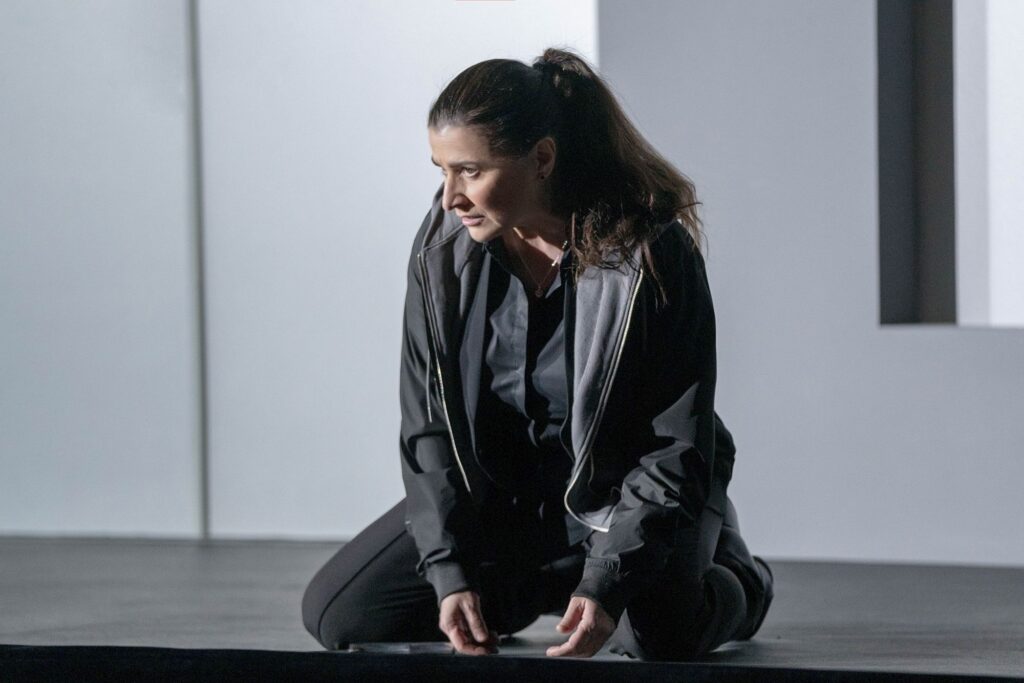
This latter role shines especially bright, portrayed by the renowned Cecilia Bartoli. Her rich and warm timbre is a standout feature, deserving special attention. Alternating between light and shadow, an inherent duality in Sesto—both Tito’s best friend and conspirator—Bartoli’s voice exudes an effortless confidence. One leaves impressed by her tone’s clarity, enriched by years of experience.
Daniel Behle delivers a brilliant portrayal of Emperor Tito, intelligently adapting his lyrical tenor to meet the character’s demanding arias. He tackles these challenges with flair, blending emotional power with delicate lyricism.
As Vitellia, daughter of the deposed emperor and in love with Tito, Alexandra Marcellier performs with vitality, her flexibility and energy shining in the role’s technically demanding arias—especially the always-anticipated “Non più di fiori,” a pinnacle of Mozartian lyricism.
The chemistry between the lovers Servilia and Annio is tangible and pleasant. The soprano Mélissa Petit’s bright and clear tone complements the rich and robust voice of mezzo-soprano Anna Tetruashvili perfectly.
Finally, Ildebrando D’Arcangelo rounds out the cast as Publio, a role too limited to fully showcase his vocal talents. Nevertheless, his brief aria and quick interventions, particularly in some trios, support the rest of the cast admirably, reminding us of his smooth, deep timbre.
Gianluca Capuano directs with dynamism, skillfully drawing out the beautiful tones of the Prince of Monaco’s orchestra and the vocal ensemble Il Canto di Orfeo.
Delighted by the quality of the performance and the excellent delivery of this music, we eagerly anticipate seeing this production again. Once more, we find ourselves deeply grateful to the Salzburg Festival for the outstanding spectacle we have just experienced.
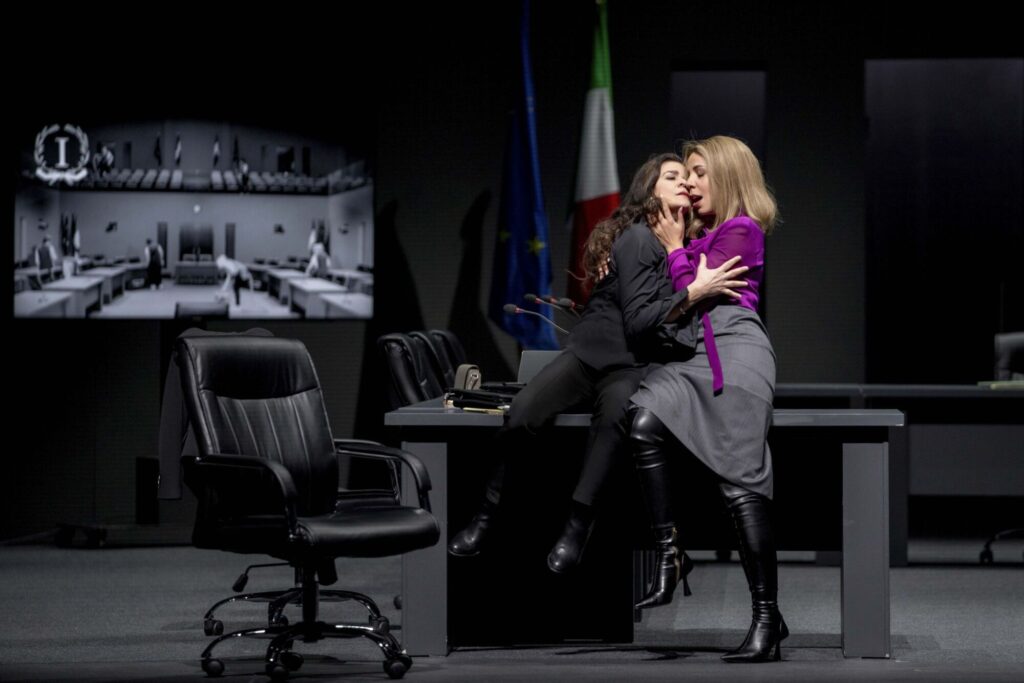
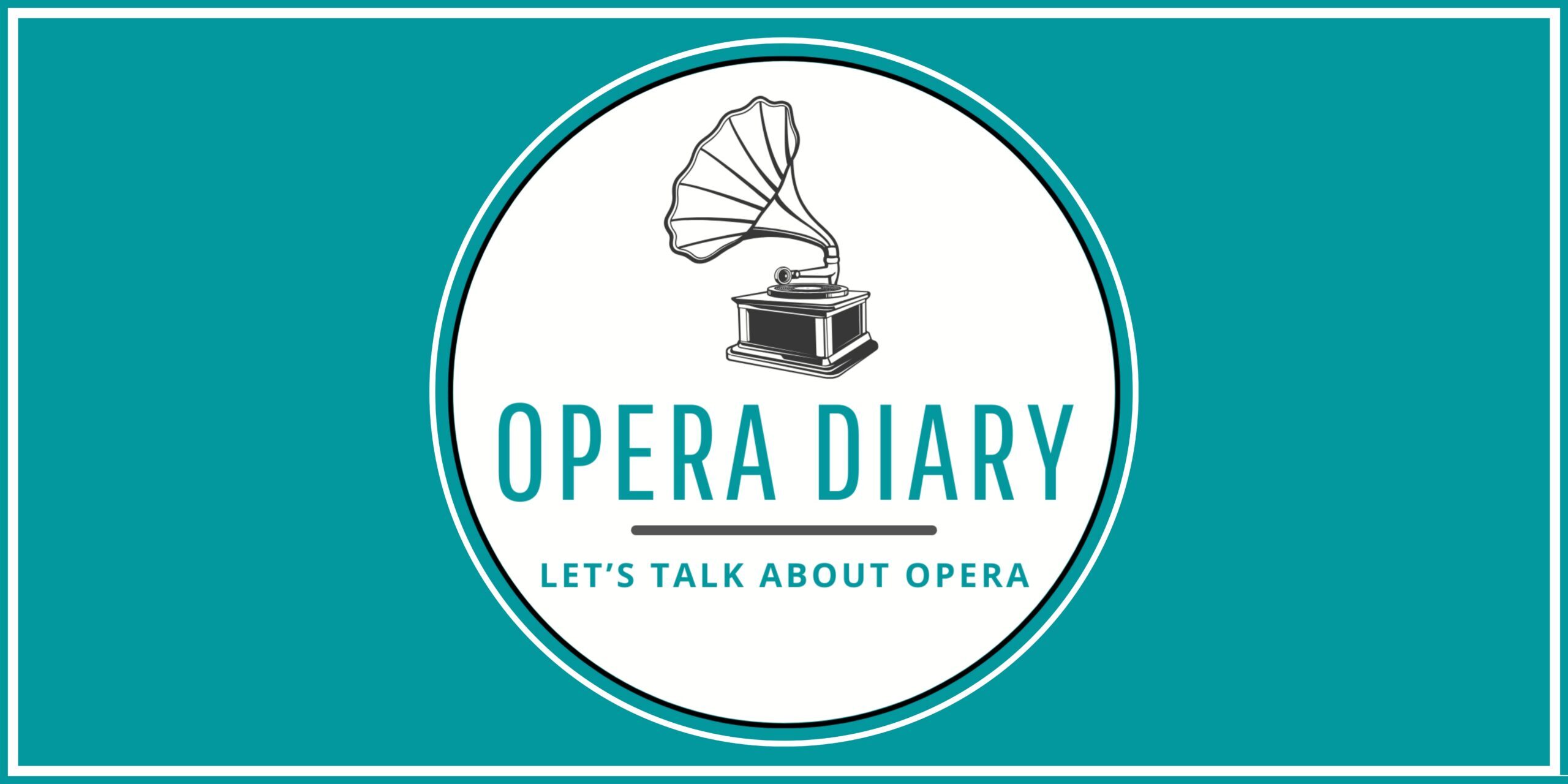
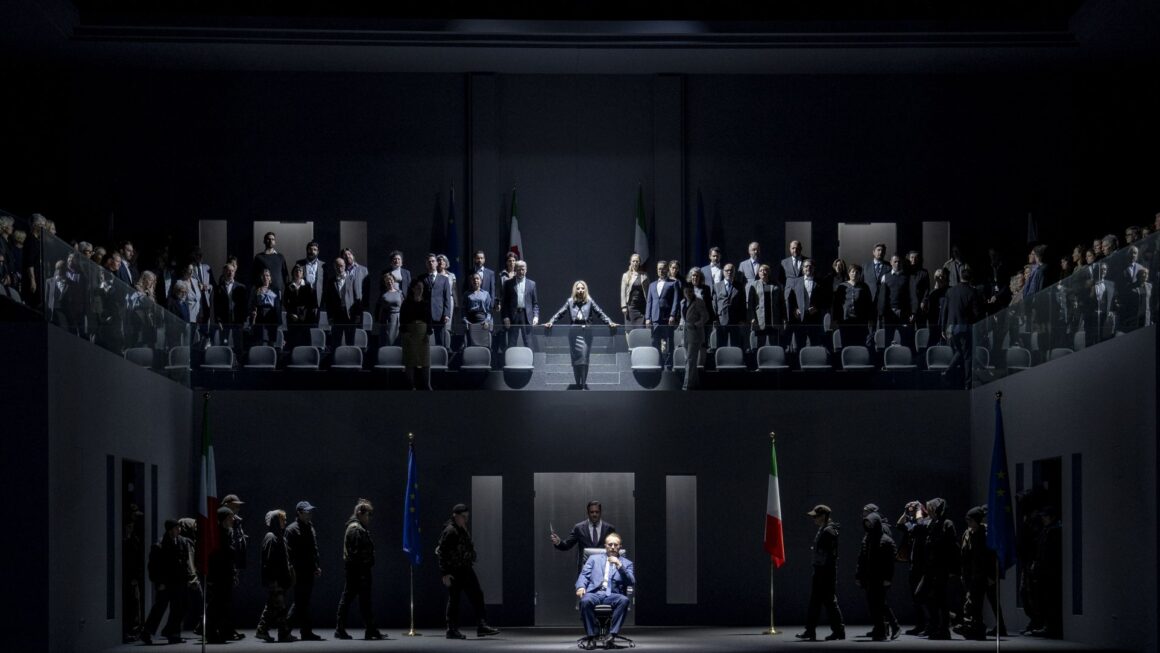
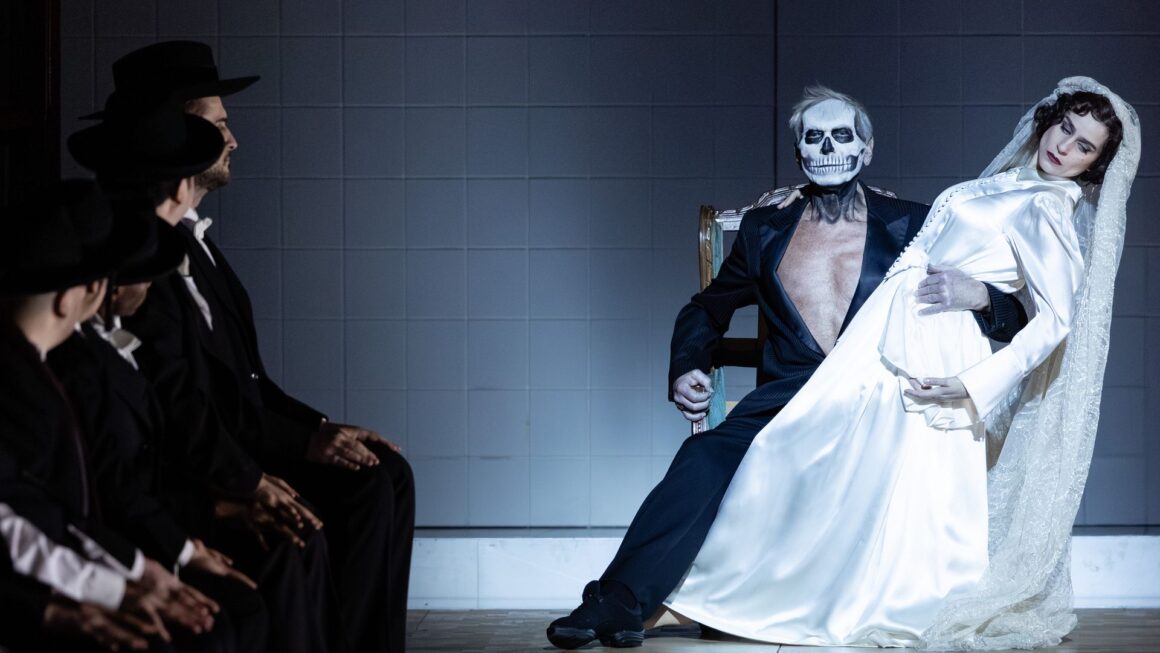
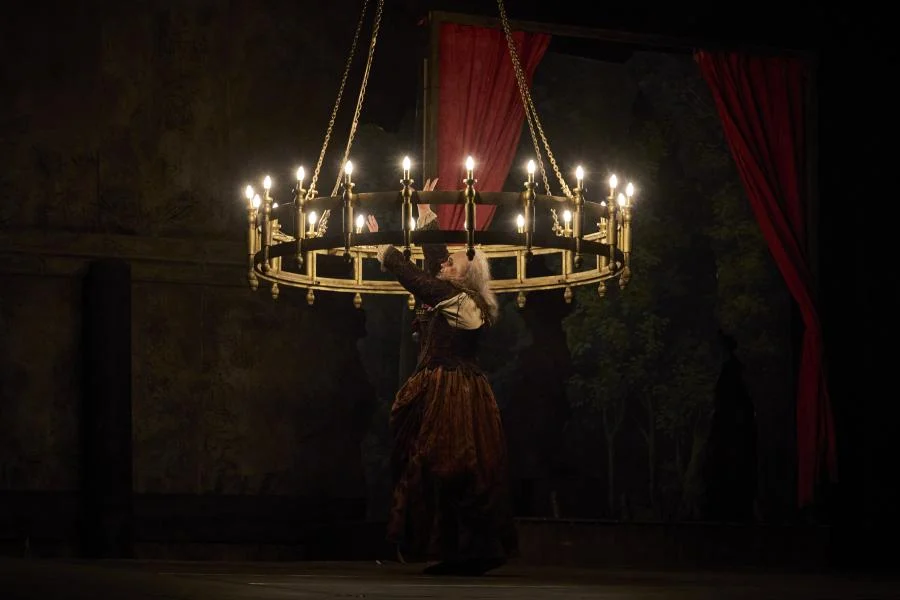
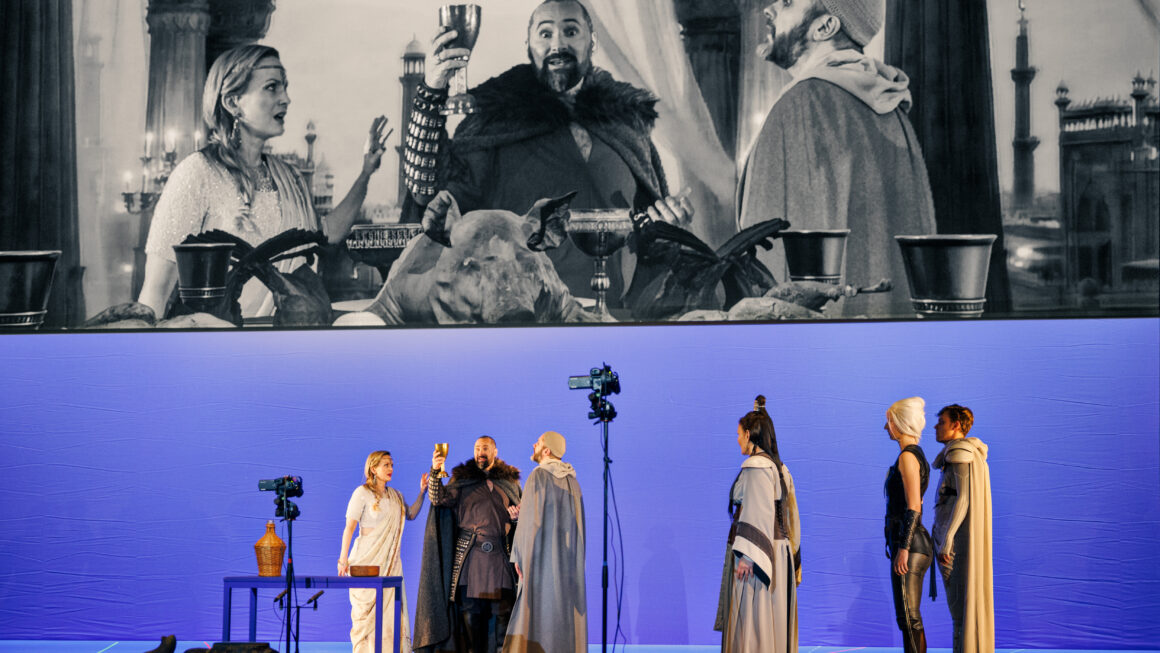
One thought on “LA CLEMENZA DI TITO | Salzburger Festspiele”